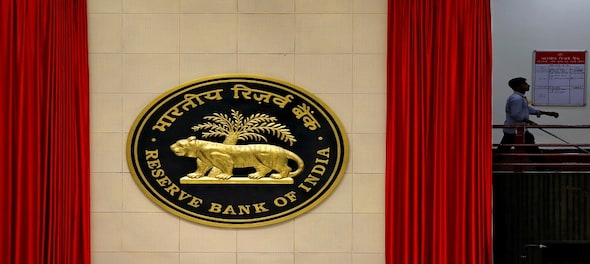
The recommendations made by the Reserve Bank of India's (RBI) working group on allowing corporate ownership in banks given India's weak corporate governance amid large corporate defaults over the past few years pose a potential risk, said S&P Global Ratings.
The agency believes that RBI will face challenges in supervising nonfinancial sector entities and supervisory resources could be further strained at a time when the health of India's financial sector is weak.
According to S&P Global, the working group's concerns regarding conflict of interest, the concentration of economic power, and financial stability in allowing corporates to own banks are potential risks.
“Corporate ownership of banks raises the risk of intergroup lending, diversion of funds, and reputational exposure. Also, the risk of contagion from corporate defaults to the financial sector increases significantly,” the global rating agency said in a report.
RBI report favours large corporates owning banks
The agency noted the fact that the performance of India's corporate sector over the past few years has been weak with large corporate defaults. Nonperforming loans (NPLs) for the corporate sector stood at around 13 percent of total corporate loans as of March 2020 (around 18% as of March 2018), highlighting the more pronounced risk in India compared with other countries.
The agency also pointed out that the performance of new banks set up in India over the past three decades has been mixed. Of the 14 new universal bank licenses issued by the RBI since 1993, Global Trust Bank and Yes Bank Ltd. had to be bailed out by government-owned banks. In addition, three banks were eventually acquired by HDFC Bank Ltd., while ICICI Bank Ltd. and IDBI Bank Ltd. merged with their parents, it said.
“Nevertheless, RBI has adopted a very calibrated approach in awarding new licenses. A change in regulation by itself would not lead to RBI liberally allowing corporates to start a bank. The RBI's fit and proper criteria for banks give it large latitude in decision-making,” the report added.
Meanwhile, the recommendation to harmonize licensing guidelines for all banks, new and old, will help restore a level playing field for all players, it said.
The RBI's proposal to raise the minimum net worth for all universal banks to Rs 10 billion will also ensure better capitalization and that only promoters with deep pockets can enter the banking sector.
In addition, the recommendations would limit the size of shadow banking in India and ensure stronger supervision. RBI proposes that only well-managed NBFCs with over 10 years of experience and Rs 500 billion of assets will be allowed to convert to a bank.
S&P believes the NBFCs have numerous strengths that will give them a headstart in their entry into banking. These include their existing client bases, distribution networks, brand and risk management systems. Conversion to a banking entity could provide more stable funding, in particular low cost deposits, it said.
The agency does not expect the competitive banking environment in India to deteriorate with these new licenses. This is because the finance companies that are converting into banks will have huge upfront regulatory costs. They will incur additional costs in terms of cash reserve ratio and statutory liquidity ratio requirements; priority sector lending; and adjusting their existing portfolios to reduce concentration in one segment, it said.
(Edited by : Abhishek Jha)
Check out our in-depth Market Coverage, Business News & get real-time Stock Market Updates on CNBC-TV18. Also, Watch our channels CNBC-TV18, CNBC Awaaz and CNBC Bajar Live on-the-go!


Stampede-like situation disrupts Rahul Gandhi, Akhilesh Yadav's joint rally in Uttar Pradesh
May 19, 2024 4:26 PM
Ladakh Lok Sabha election: With Independent candidate's entry, it's now a 3-way contest for BJP and Congress
May 19, 2024 4:01 PM

